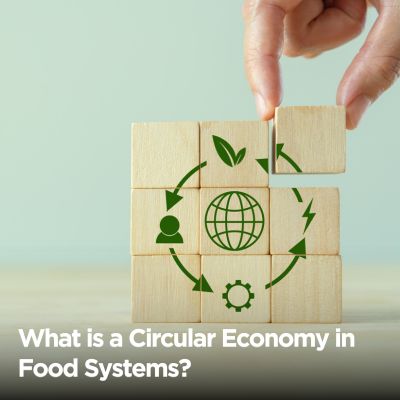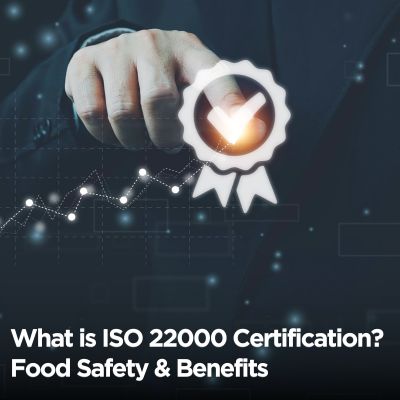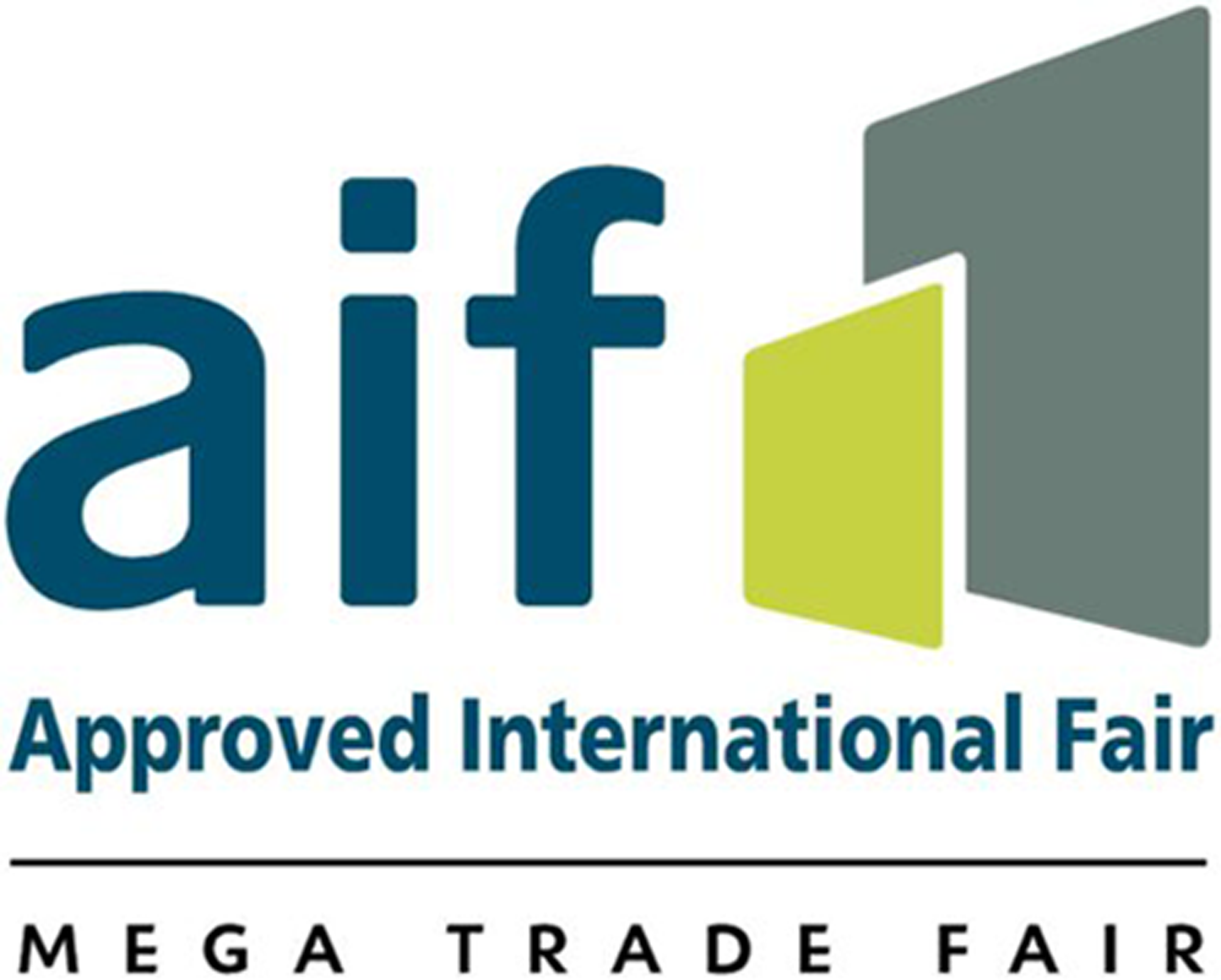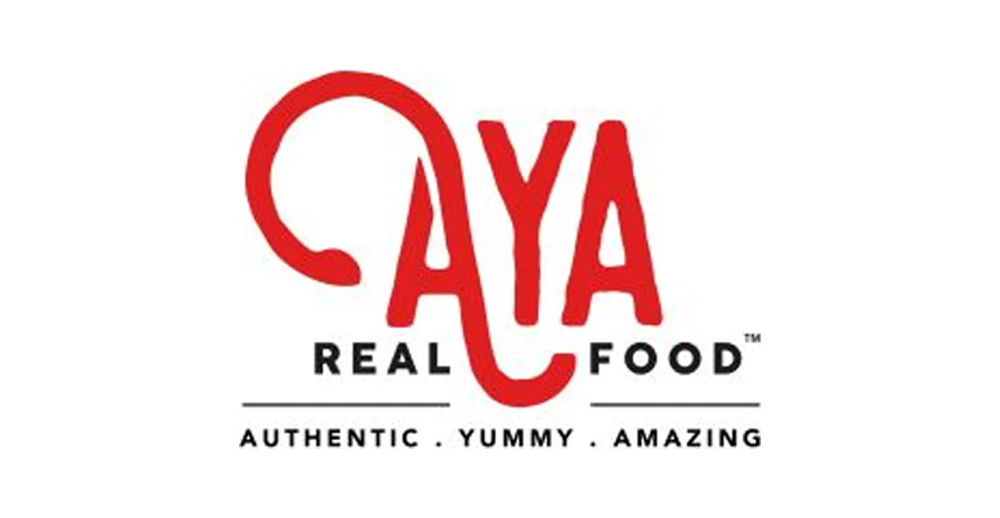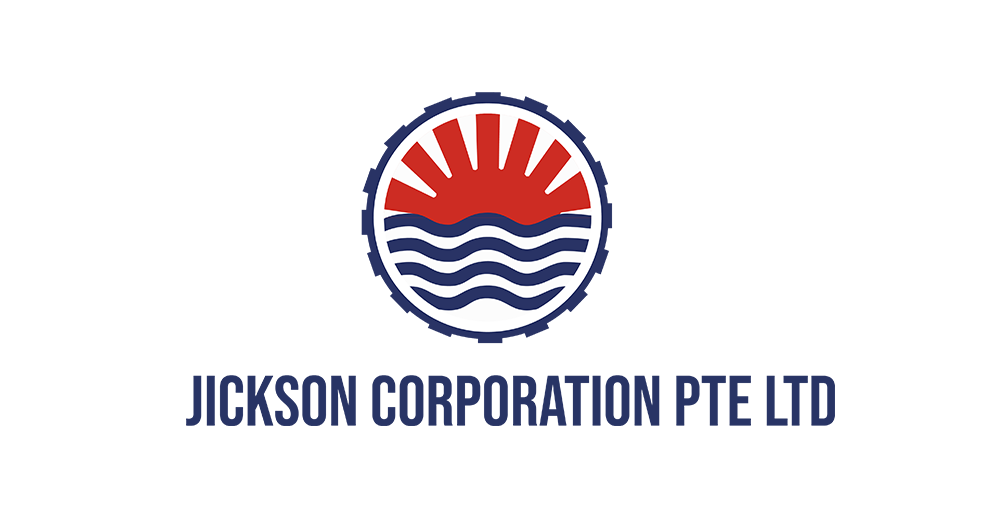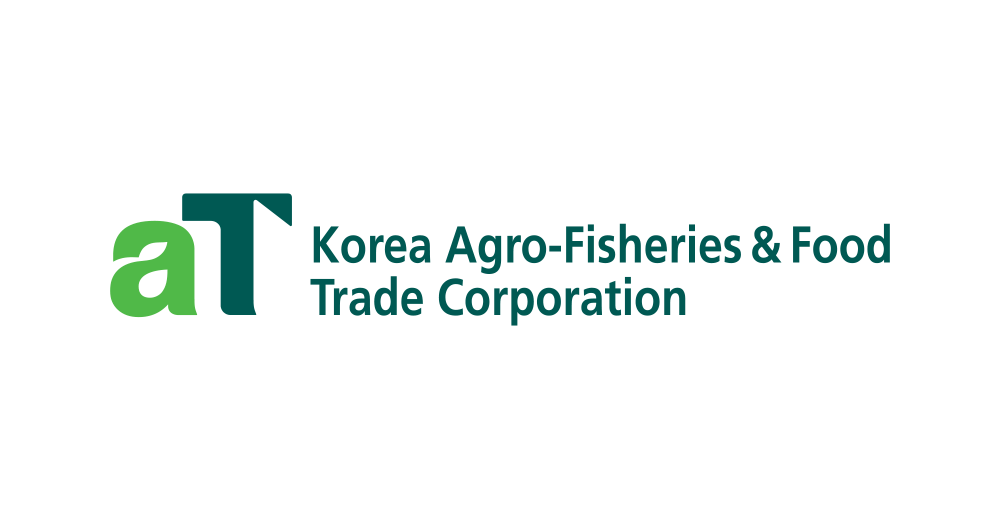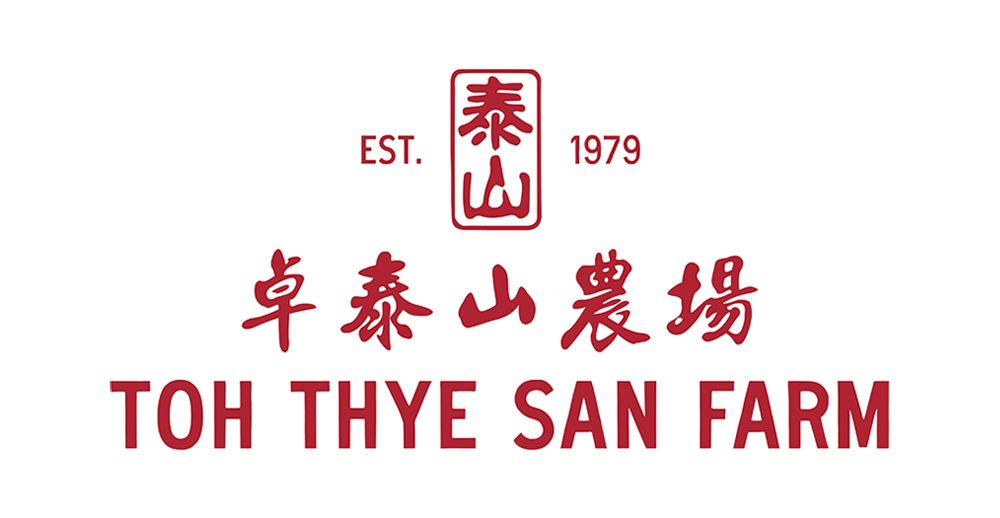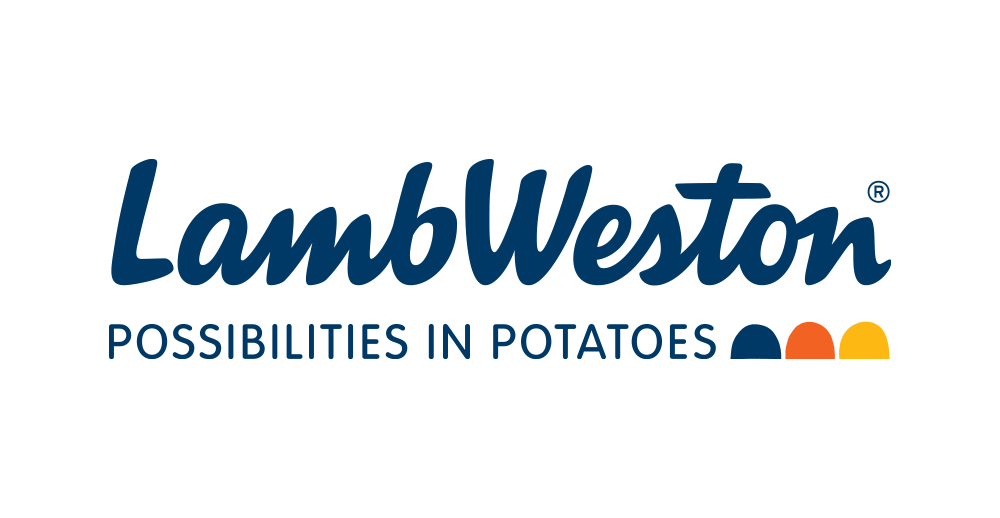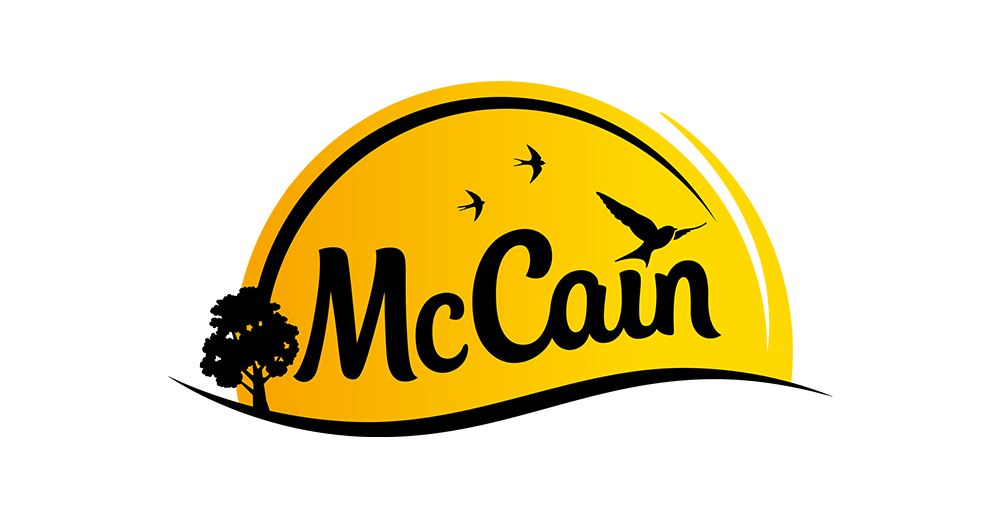Catering provides food and beverages for various events, such as weddings, birthday parties, and corporate meetings.
The primary purpose of catering is to make events more enjoyable by taking care of all the food and drink needs, allowing hosts and guests to focus on having a good time. But what is catering strictly, and why is it becoming so popular?
In recent years, food catering has become increasingly popular. This growth is due to several reasons, including busy lifestyles, a rise in social gatherings, and a greater appreciation for diverse cuisines.
Economically, more people are willing to spend on quality food catering services to add to their events. Culturally, food plays a significant role in celebrations, making catering an essential part of many events.
The catering industry and the food service sector, in general, are booming. In Singapore alone, it was valued at about $20.7 billion in 2023 and continues to grow yearly. This shows how significant and widespread catering has made events unique and memorable.
What is Catering?
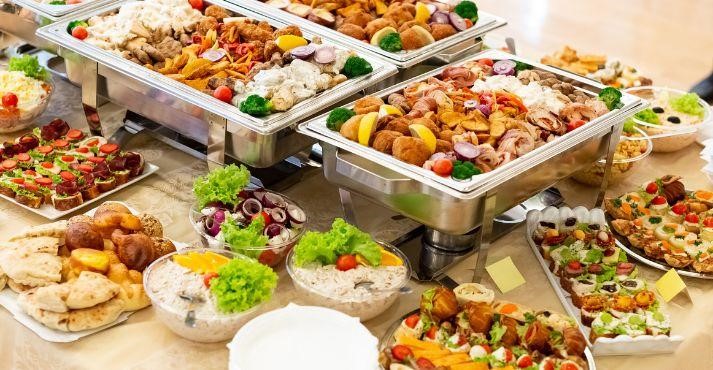
Catering is a service that provides food and beverages for various occasions. It ensures that guests enjoy delicious meals without the hosts having to worry about preparation and serving. But what is catering in more detail?
Catering services are widely available. They can cater to small, intimate gatherings like family dinners or birthday parties or handle large-scale events such as weddings, corporate conferences, and festivals. This versatility makes catering an essential part of many celebrations and functions.
Food catering services are utilized in different settings. For instance, at weddings, caterers provide guests with meals, drinks, and even dessert options, often coordinating with the couple to match the event’s theme.
For corporate events, catering for corporate meetings might include breakfast, lunch, dinner, coffee breaks, and snacks, ensuring that attendees are well-fed and focused.
Catering can also benefit social gatherings, such as community events or holiday parties, by offering a variety of dishes that meet diverse tastes and dietary needs.
Examples of catering include a beautifully arranged buffet at a wedding, a plated dinner at a corporate gala, or a casual barbecue for a family reunion.
These examples show how catering adapts to different event types and sizes, making every occasion memorable and hassle-free for the hosts.
Who is a Caterer?
A caterer is a professional providing food and beverage services at various events. Their role goes beyond preparing and serving food, involving many tasks to ensure a successful and enjoyable event.
Responsibilities of a Caterer:
- Menu Planning: Designing a menu that fits the event’s theme and the client’s preferences.
- Purchasing Ingredients: Sourcing fresh and high-quality ingredients needed for the dishes.
- Meal Preparation: Cooking and preparing the food to maintain taste and presentation.
- Logistics Management: Transporting food to the event location and setting up food displays.
- Event Coordination: Working with event planners to ensure everything runs smoothly and on schedule.
- Supervision: Overseeing serving staff to ensure food is presented and served correctly.
- Customer Interaction: Communicating with clients to understand their needs and preferences, ensuring satisfaction.
To excel in food catering services, a caterer must possess several key traits:
- Organizational Skills: Essential for managing multiple tasks and timelines effectively.
- Creativity: Important for designing appealing and unique menus that impress guests. Caterers also bring drinks that go perfectly with the food, such as pairing wine with food.
- Customer Service is crucial for interacting with clients and meeting their needs, which is particularly important in catering to corporate events and social gatherings.
In the catering industry, being detail-oriented and adaptable is also essential. Caterers must be able to handle unexpected challenges and changes, ensuring that every event is executed flawlessly.
Whether working as an event caterer or in the restaurant catering business, these traits help caterers succeed and provide outstanding service to their clients.
Benefits of Hiring a Catering Company
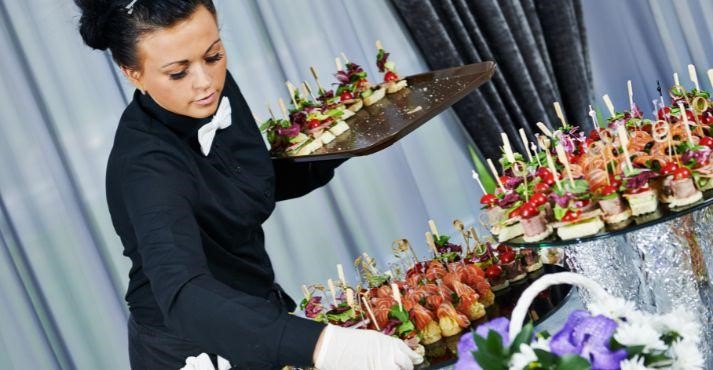
Hiring a catering company for your event offers numerous benefits that can enhance the overall experience for both hosts and guests. From professional service to high-quality food, here are some critical advantages of enlisting food catering services.
1. Professional Service
One of the primary benefits of hiring a catering company is the professional service they provide. Experienced caterers bring expertise and efficiency to the event, ensuring everything runs smoothly.
They handle all aspects of the food service, from preparation to presentation, allowing the host to focus on other essential aspects of the event.
With a professional team managing the catering, you can be confident that the food will be served on time and in an appealing manner, enhancing the overall guest experience.
2. Time and Stress Management
Planning and executing an event can be incredibly time-consuming and stressful. Hiring a food catering company can save significant time and reduce stress.
The caterers take care of everything related to the food, including planning the menu, shopping for ingredients, cooking, and cleaning up afterward. This allows the host to relax and enjoy the event without worrying about the logistics of feeding a large group of people.
It’s especially beneficial for large gatherings, such as weddings or corporate events, where the scale of the catering can be overwhelming.
3. Customization and Personalization
Another significant advantage of hiring an event catering company is the ability to customize and personalize the menu and setup. Professional caterers work closely with clients to understand their preferences and dietary requirements.
Whether you want a themed menu, specific dietary accommodations, or unique food presentations, a good catering company can tailor their services to meet your needs. This level of customization ensures that your event is unique and memorable, reflecting your taste and style.
4. Quality and Variety of Food
Catering companies offer various food options, ensuring high quality and variety. With professional chefs and high-grade ingredients, caterers can provide delicious and visually appealing dishes.
Catering companies can accommodate various cuisines and dietary preferences, offering something for everyone. Whether you’re looking for a formal sit-down dinner, a casual buffet, or creative finger foods, a catering company can deliver top-notch culinary experiences.
The variety and quality of food satisfy your guests and make the event more enjoyable and impressive.
Types of Catering Services

Catering services come in many forms, each tailored to different events and occasions. In Southeast Asia, particularly in places like Singapore, the catering industry is vibrant and diverse, offering specialized services for corporate events, weddings, and social gatherings.
Explore these catering services and see how they make events unique and memorable.
1. Corporate Catering
Corporate catering involves providing food and beverages for business-related events. These services are designed to facilitate professional gatherings such as business meetings, conferences, seminars, and corporate parties.
The primary purpose of corporate catering and catering for offices is to ensure that attendees are well-fed and comfortable, allowing them to focus on the event’s agenda without worrying about meals.
Typical corporate catering services include:
- Breakfast meetings: Light meals like pastries, fruits, and coffee.
- Lunch buffets: A variety of dishes catering to diverse dietary preferences.
- Dinner events: Formal sit-down meals or buffets for evening events.
- Snacks and coffee breaks: Light refreshments will energize participants throughout the day.
For example, companies like Rasel Catering Singapore specialize in corporate catering in Singapore. They offer various menus tailored to business events, ensuring high-quality food and professional service.
Their offerings include elegant bento boxes, gourmet finger foods, and extensive buffet spreads, making them a popular choice for catering food for corporate clients.
2. Wedding Catering
Wedding catering plays a crucial role in making weddings unforgettable. Caterers for weddings provide comprehensive services that cover every aspect of the culinary experience, from menu planning to the final presentation.
Wedding caterers work closely with couples to create menus that reflect their tastes and fit the wedding theme.
Types of services offered by wedding caterers include:
- Pre-wedding events: Catering for engagement parties, bridal showers, and rehearsal dinners.
- Ceremony refreshments: Light snacks and drinks for guests during or after the ceremony.
- Reception dinner: A grand meal that can be served as a buffet, plated dinner, or family-style service.
- Dessert stations: Special tables with various desserts, cakes, and sweets.
Special considerations for wedding catering menus often include accommodating dietary restrictions, cultural preferences, and the couple’s personal favorites. In Southeast Asia, weddings often blend traditional and contemporary dishes.
An example of a renowned wedding caterer in Singapore is The White Rabbit, known for its beautiful presentation and exquisite menu.
They offer bespoke wedding packages, including multi-course meals, themed buffets, and elegant dessert tables, ensuring a magical dining experience for all guests.
2. Social Event Catering
Social event catering contains many private gatherings, including birthdays, anniversaries, and private parties.
These events are often less formal than corporate events or weddings. However, they still require careful planning and attention to detail to ensure that the food and service enrich the celebration.
Social event catering services typically include:
- Themed parties: Menus designed to match the party theme, such as a tropical luau or a 1920s speakeasy.
- Casual gatherings: Finger foods, BBQs, and buffets that encourage mingling and socializing.
- Milestone celebrations: Special menus for significant birthdays, anniversaries, and other important occasions.
- Holiday parties: Festive meals for Christmas, New Year, and other holidays.
For instance, Purple Sage in Singapore offers excellent catering for social events. Known for their creative catering menu examples and impeccable service, they provide customized catering solutions for various social events, ensuring that each celebration is unique and memorable.
Their services include everything from elegant high teas to vibrant BBQ parties, making them a favorite for private gatherings in the region.
4. Mobile Catering
Mobile catering involves serving food from mobile units like food trucks, carts, or trailers. This type of catering is highly flexible and can serve various events, from street fairs to corporate functions. Mobile catering is especially popular for its convenience and unique experience.
Key features of mobile catering include:
- Food trucks: Equipped with full kitchens to prepare and serve food on the go.
- Various cuisines: Offering diverse food options, from gourmet meals to street food favorites.
- Accessibility: Able to set up at various locations, providing services wherever needed.
The Travelling C.O.W. (Chef on Wheels) is an excellent example of mobile catering in Singapore. It offers a variety of dishes, including Asian fusion and international cuisine, served directly from its food truck.
This approach brings delicious food to different locations and adds a fun and trendy element to events.
5. Industrial Catering
Industrial catering refers to large-scale food service operations that serve institutions like factories, hospitals, schools, and military bases.
It should be distinct from the restaurant catering business. The primary goal is to provide nutritious and balanced meals to large groups of people, often under strict time constraints and dietary guidelines.
Critical aspects of industrial catering include:
- High volume production: Preparing meals for hundreds or thousands of people daily.
- Dietary regulations: Ensuring meals meet specific nutritional standards and dietary needs.
- Efficient service: Serving food quickly and efficiently to accommodate large groups within limited time frames.
Companies like SATS Catering in Singapore and Southeast Asia provide industrial catering services. They cater to airlines, hospitals, and schools, offering various meal options that meet rigorous safety and quality standards.
6. Specialty Catering
Specialty catering provides unique and customized catering services for specific events or dietary needs. This type of food catering is ideal for themed events, gourmet experiences, and health-conscious gatherings.
Critical features of specialty catering include:
- Themed events: Creating menus and setups that match the event’s theme, such as a medieval feast or a vegan festival.
- Custom menus: We design meals that cater to specific dietary restrictions, such as gluten-free, vegan, or keto diets.
- Exclusive experiences: Offering gourmet dishes and high-end culinary presentations.
An example of specialty catering in Singapore is Preparazzi, which offers bespoke catering for events that require a unique touch.
They provide gourmet menus tailored to the client’s preferences and event theme, ensuring an exclusive and memorable dining experience.
On-Premise vs. Off-Premise Catering
1. On-Premises Catering
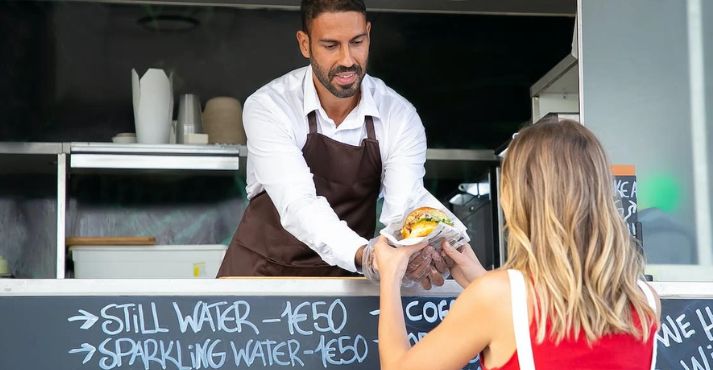
Imagine having a chef cook up a delicious meal right where you’re having your special event – that’s on-premises Catering. It’s like having a mini kitchen set up just for your party.
Let’s take a closer look at this type of Catering and how it adds a delicious touch to your celebrations.
Cooking Where the Action Is
With on-premises catering, the cooking magic happens right at the event location. Chefs set up their cooking stations at the venue, ensuring the food is as fresh as possible.
This means you enjoy hot, delicious dishes prepared when ready to eat.
Menus Tailored to Your Event
Even more remarkable is that on-premises Catering allows for menus matching your event’s style and your guests’ taste buds. Whether you’re having a classy wedding or a fun birthday bash, the food can be customized to fit the theme perfectly.
This means you and your guests get to savor dishes that are not only tasty but also go hand-in-hand with the event’s vibe.
Chef’s Special Touch
Having a chef on-site isn’t just about cooking; it’s about adding a special touch to the event. Imagine having your guests watch as their meals are being prepared.
It’s like having a behind-the-scenes glimpse into the culinary creativity. This interactive experience makes the food part of the event’s entertainment.
2. Off-Premises Catering
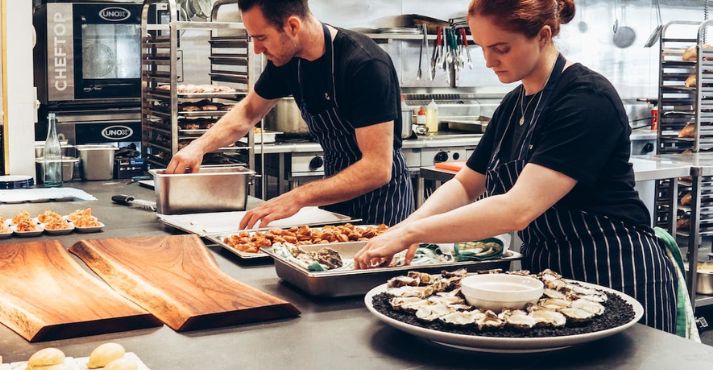
Imagine a feast that travels to your event – that’s off-premises catering. It’s like bringing a fantastic meal from a secret kitchen to your party, giving you and your guests a taste of delight without the cooking hassle.
Let’s dive into this type of Catering and see how it makes celebrations even more special.
Cooked in a Secret Kitchen
In off-premises catering, the cooking action happens in a secret central kitchen. Talented chefs whip up delicious dishes in a place where everything is super organized and controlled.
Then, the magic happens – the food is transported to your event location, all ready to be served. It’s like having a surprise food delivery for your party!
Flexible and Convenient
What’s cool about off-premises catering is that it’s super flexible. You can host your event wherever you want – a garden, a hall, or a rooftop.
The food comes to you, making it super convenient for everyone. Plus, you enjoy yummy meals without worrying about cooking or cleaning up.
More Time for Fun
Since the cooking happens in the central kitchen, you have more time to enjoy your event. You won’t find yourself juggling between pots and pans.
Instead, you can focus on mingling with guests, dancing, and making memories. It’s like having your food team that takes care of everything delicious.
Critical Components of a Successful Catering Service
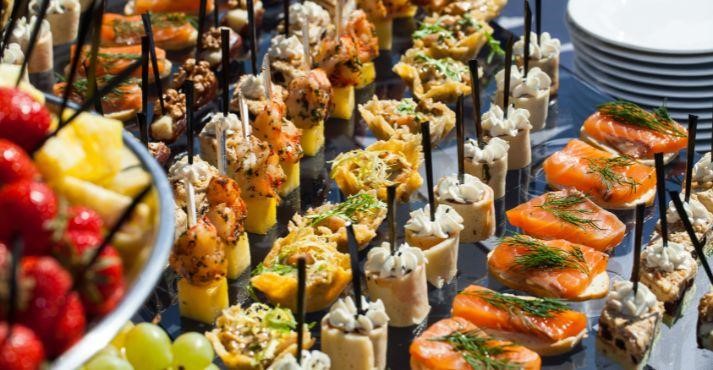
A successful catering service hinges on several critical components, each contributing to the overall guest experience. From thorough menu planning to impeccable customer service, every detail matters.
Let’s explore these critical components with real-life examples to illustrate their importance.
1. Menu Planning
Menu planning is the foundation of any successful catering service. It involves creating a menu that aligns with the event’s theme, guest preferences, and dietary restrictions.
Effective menu planning considers the type of event, such as a wedding, corporate meeting, or social gathering, and tailors the food offerings accordingly.
- Dietary Restrictions: Catering services must accommodate various dietary needs, including vegetarian, vegan, gluten-free, and allergen-free options. This ensures that all guests can enjoy the food without health concerns.
- Event Type: Different events require different types of menus. For example, a corporate event might need quick, easy-to-eat options like finger foods and bento boxes, while a wedding might call for a formal, multi-course dinner.
- Cultural Preferences: In multicultural regions like Southeast Asia, catering services often include a mix of traditional and contemporary dishes to cater to diverse tastes.
For instance, Rasel Catering Singapore offers extensive catering menu planning services that consider these factors, ensuring a tailored and delightful dining experience for every event.
2. Food Preparation and Presentation
Food preparation and presentation quality are crucial in leaving a lasting impression on guests. Proper food handling ensures hygiene and safety, while attractive presentation boosts the dining experience and the legitimacy of the catered food.
- Hygiene: Strict adherence to food safety standards is essential to prevent contamination and ensure that all dishes are safe to eat.
- Aesthetics: Beautifully presented food can elevate an event, making it more memorable. Caterers often use creative plating techniques and decorative elements to enhance the visual appeal of their dishes.
The White Rabbit in Singapore is known for its exquisite food presentation. It combines culinary artistry with top-notch hygiene standards, and its attention to detail in both preparation and presentation makes it a preferred choice for high-end events.
3. Logistics and Transportation
Effective logistics and transportation are vital for ensuring food arrives fresh and on time at the event location. This includes planning the delivery route, timing, and setup at the venue.
- Timely Delivery: Ensuring food is delivered on schedule is crucial for maintaining its quality and freshness.
- Setup: Caterers must efficiently set up food stations or dining areas, often coordinating with event planners to ensure seamless service.
Companies like Neo Garden Catering excel in logistics, offering timely and reliable delivery services across Singapore. Their efficient logistics ensure food is served at the right temperature and time, contributing to a successful event.
4. Staffing
The quality of staffing can significantly impact the service experience at an event. A well-trained and professional team can handle various aspects of the catering service, ensuring smooth operations.
- Chefs: Responsible for preparing and cooking the food, ensuring it meets high standards of taste and presentation.
- Servers: Interact with guests, serve food, and handle special requests, making them crucial for guest satisfaction.
- Event Coordinators: Oversee the entire catering operation, ensuring everything runs smoothly and according to plan.
For example, Purple Sage employs a team of skilled chefs, attentive servers, and experienced event coordinators who work together to provide exceptional service at every event.
5. Equipment and Supplies
The right equipment and supplies are essential for the smooth execution of catering services. This includes cooking equipment, serving utensils, and dining ware.
- Cooking Equipment: High-quality stoves, ovens, and other kitchen appliances are necessary for efficiently preparing large quantities of food.
- Serving Utensils: Proper serving tools, including chafing dishes, platters, and cutlery, ensure that food is presented and served appropriately.
- Dining Ware: Elegant plates, glasses, and utensils improve the dining experience and contribute to the event’s overall ambiance.
SATS Catering in Singapore is well-equipped with state-of-the-art kitchen facilities and high-quality serving equipment, enabling it to handle large-scale industrial catering and office catering with ease.
6. Customer Service
Excellent customer service is paramount in creating a memorable event experience. Good customer service ensures client satisfaction and repeat business from the initial consultation to post-event follow-up.
- Initial Consultation: Understanding the client’s needs and preferences through detailed discussions.
- During the Event: Providing attentive and responsive service to address any issues or special requests promptly.
- Post-Event Follow-Up: Gather feedback and address any concerns to improve future services.
Catering Trends in Southeast Asia
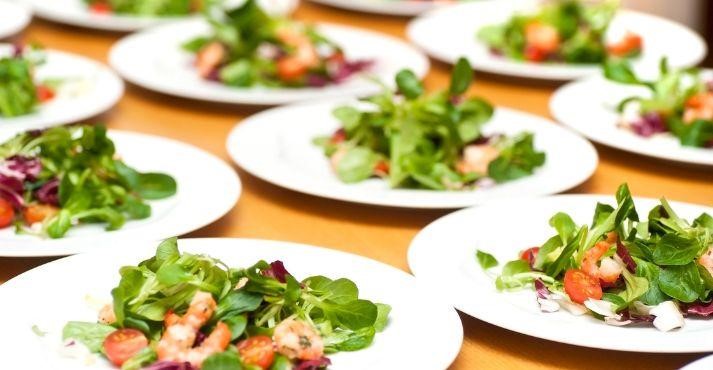
The catering industry in Southeast Asia is evolving rapidly, driven by changing consumer preferences and innovative practices. Here are some of the latest industry trends and real-life examples that illustrate these changes.
1. Local and Sustainable Ingredients
One significant trend in the catering industry is using locally sourced and sustainable ingredients. This approach supports local farmers and producers and ensures that the food is fresh and environmentally friendly.
For example, Grain in Singapore emphasizes the use of fresh, local ingredients in its catering services. It partners with local farms to source vegetables and fruits, ensuring that its dishes are not only delicious but also sustainable.
This focus on sustainability appeals to eco-conscious clients who want to minimize their carbon footprint while enjoying high-quality meals.
2. Fusion Cuisine
Fusion cuisine, which blends traditional Southeast Asian flavors with international influences, is becoming increasingly popular. This trend allows caterers to create unique and exciting dishes that cater to diverse palates.
Saveur Catering in Singapore is an excellent example of this trend. They offer a variety of fusion dishes that combine French culinary techniques with Asian ingredients, resulting in innovative and flavorful menus.
Their offerings include items like Laksa Prawn Pasta and Duck Confit with Asian Slaw, which showcase the creative possibilities of fusion cuisine as part of catering services.
3. Health-Conscious Menus
The catering industry has a growing demand for health-conscious and nutritious menu options. Clients are increasingly looking for meals that are not only tasty but also align with their health and wellness goals.
The Catering Concerto in Singapore caters to this trend by offering a range of healthy menu options. They provide meals that are low in calories, gluten-free, and rich in nutrients, making them ideal for health-conscious clients.
Their focus on balanced, nutritious dishes ensures guests enjoy their food without compromising their dietary needs.
4. Technology in Catering
Technology is significantly transforming the catering industry. From online booking systems to virtual tastings, technological advancements make planning and executing events easier for clients.
Catersmith in Singapore utilizes an advanced online platform that allows clients to browse menus, place orders, and schedule deliveries easily.
They also offer virtual tastings, where clients can sample dishes remotely before finalizing their menu choices. Technology enhances convenience and accessibility, making the catering process smoother and more efficient.
Choosing the Right Catering Service
Selecting an exemplary catering service is crucial to the success of any event. Whether planning a wedding, corporate meeting, or a social gathering, the right event caterer can make a significant difference.
Here is a checklist of factors to consider when choosing a catering service to ensure your event is memorable and hassle-free.
Checklist for Choosing a Catering Service
- Budget: Determine your budget upfront and find a catering service that can deliver high-quality food and service within your price range. Be transparent about what is included in the price, such as service charges, taxes, and additional fees.
- Event Type: Consider the type of event you are hosting. Different events may require different food catering styles, such as buffets for casual gatherings, plated dinners for formal events, or finger foods for cocktail parties. Ensure the caterer has experience with your specific type of event.
- Dietary Needs: Ensure the catering service can accommodate various dietary restrictions and preferences, such as vegetarian, vegan, gluten-free, or allergen-free options. This is crucial to ensure all your guests can enjoy the food without concerns.
- Menu Options: Review the caterer’s menu options and ensure they offer a variety of dishes that match your event’s theme and your guests’ tastes. Look for catering menu examples to get an idea of their offerings. It’s beneficial if they provide customizable menus.
- Tasting Sessions: Opt for caterers who offer tasting sessions. This allows you to sample their food and make informed menu selections.
- Experience and Reputation: Look for a catering service with a good reputation and extensive experience. Read reviews, ask for references, and consider their track record in delivering successful events within the catering industry.
- Logistics and Services: Confirm the logistics, such as delivery and setup times, staffing requirements, and whether they provide necessary equipment like tables, chairs, and linens. Ensure they can handle the event size and scope, especially for catering corporate events or large gatherings.
- Customer Service: Choose a caterer with excellent customer service who is responsive, communicative, and willing to work closely with you to meet your needs and expectations.
Conclusion
An exemplary catering service is essential to making any event successful and memorable. Each component plays a crucial role, from menu planning and food preparation to logistics and excellent customer service.
Considering factors like budget, event type, dietary needs, and the caterer’s experience, you can ensure a perfect and enjoyable experience for your guests.
Whether you’re planning a wedding, a corporate event, or a social gathering, understanding what catering is and the various types of food catering services available will help you make an informed decision.
A well-chosen caterer not only enhances the event but also allows you to enjoy it without stress.

